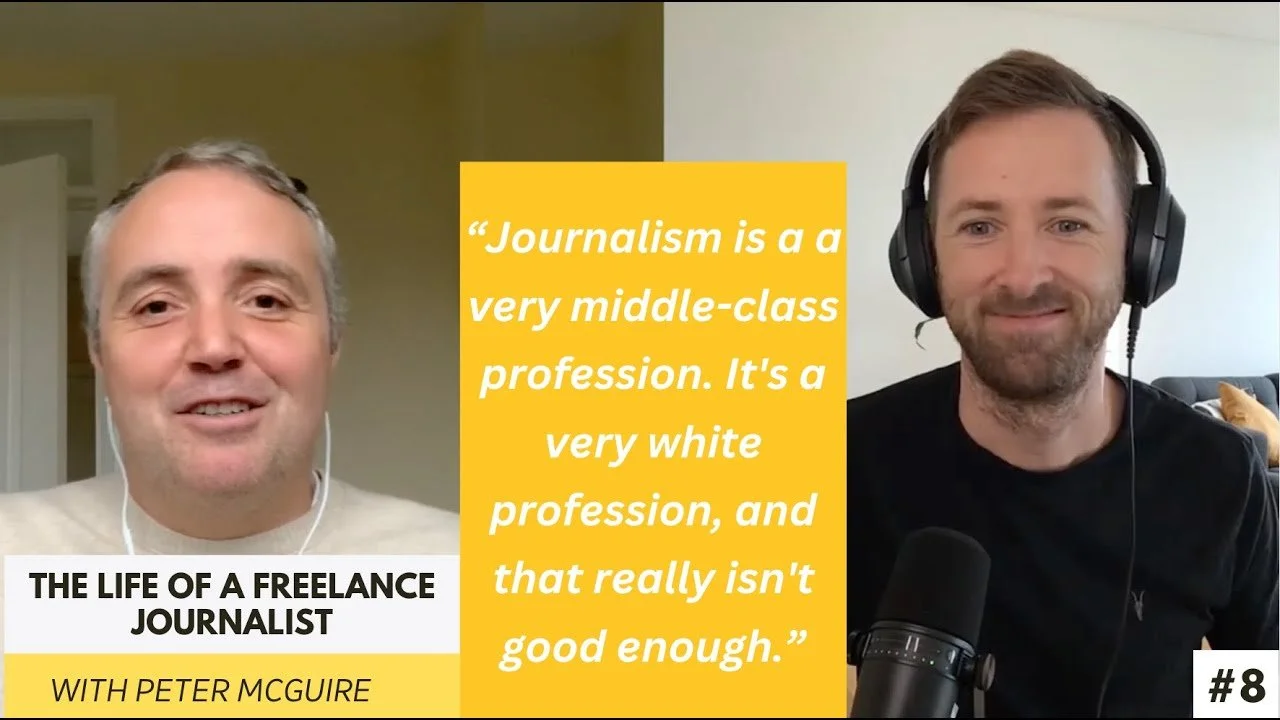Making the right choice
What's the best thing to do? What's the ideal way to go?
'The more choice the better' - that's what we have been led to believe. If you are careful and choose which you prefer the most, you'll be happier - even if it's just a small improvement.
But that's not true. The reality is that we can suffer 'paralysis by analysis'. In other words, we can be held back by our desire to make the best choice, to the extent that it stops us making any choice. Then, when no choice has been made, we are at the mercy of the consequences - not only can inaction harm us, but it can prevent us from getting good feedback about what we should do better the next time.
“Companies go out of business when they make the wrong decisions or, just as important, make too many decisions. The latter creates complexity.”
The Paradox of Choice is a really nice TED Talk where Barry Schwartz discusses how too much choice slows down decision-making, creates excessively high expectations (because more seems better) and comes at an opportunity cost (i.e. if we choose one item, we may be dissatisfied because we could have chosen a better alternative). According to Schwartz, we are then less happy because we are imagining the features of the alternative item.
Dan Gilbert in his TED Talk describes humans as synthesising happiness. According to him also, if we have fewer choices, we can synthesise our satisfaction with what we already have - because there is no immediate alternative.
Einstein was well known for wearing the same types of clothes every day so that he didn't have to use mental energy to decide what to wear. Steve Jobs was also famous for restricting the user experience on Apple computers because he believed fewer choices were better for the user experience.
The problem with ideas like this is that people take them to the extreme, which is almost always a mistake. Of course, you don't want one choice for a job, your life partner or your lunch, the point is that there are limits to the amount of choice which will make your life better.
“If you don’t know which is better - maybe it doesn’t matter.”
Iyengar, S. (2010) The art of choosing. Available at: https://www.ted.com/talks/sheena_iyengar_on_the_art_of_choosing (Accessed: 24 February 2017).
Schwartz, B. (2006) The paradox of choice. Available at: https://www.ted.com/talks/barry_schwartz_on_the_paradox_of_choice#t-1161298 (Accessed: 24 February 2017).
Gilbert, D. (2006) The surprising science of happiness. Available at: https://www.ted.com/talks/dan_gilbert_asks_why_are_we_happy (Accessed: 24 February 2017).









